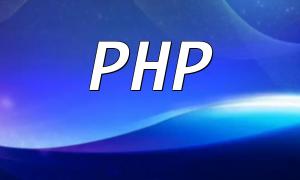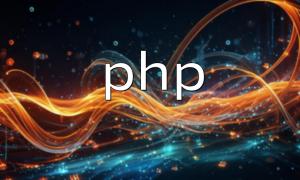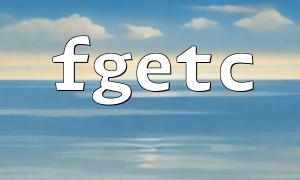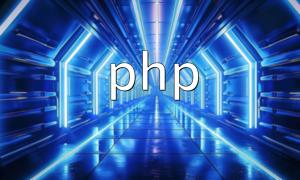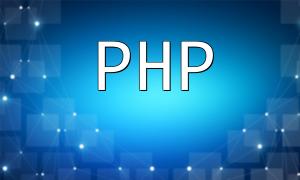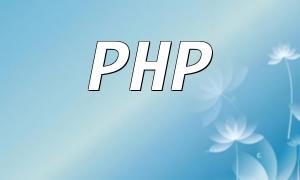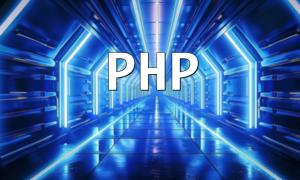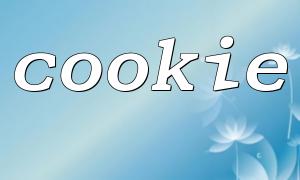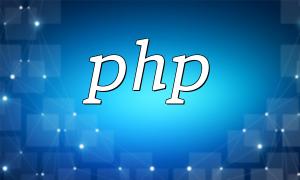In modern web development, PHP frameworks play a crucial role in bridging different programming languages and tools. To enhance flexibility and scalability, most PHP frameworks offer robust extension mechanisms that allow developers to integrate features written in multiple languages, improving both efficiency and code reusability.
An extension mechanism in a PHP framework is typically based on a hook or event system. Through these systems, developers can inject custom logic into specific execution points without modifying the framework’s core code. This approach improves maintainability and enables seamless customization.
To support multiple programming languages, PHP frameworks commonly implement one or more of the following methods:
Syntax Parser Integration: The framework may integrate syntax parsers from other languages, allowing developers to write parts of their applications using those languages. For example, the Symfony framework integrates the Twig template engine, enabling developers to write views using Twig syntax.
Bridge Mechanisms: Some frameworks use bridge components to translate or compile other language syntaxes into PHP-executable code. A well-known example is Laravel’s Blade template engine, which allows developers to write HTML and PHP hybrid templates that are later compiled into efficient PHP scripts.
Laravel’s Blade template engine provides a flexible way to extend its syntax. Developers can register custom Blade directives or extensions to add new functionality. The following example demonstrates how to create a custom Blade extension:
// In app/Extensions/MyExtension.php
namespace App\Extensions;
use Blade;
Blade::extend('myExtension', function () {
// Custom extension logic
});In this example, the Blade::extend() method registers a custom extension named myExtension. When Blade compiles templates, it will invoke this extension, allowing developers to define their own syntax or logic.
By using extension mechanisms, PHP frameworks can seamlessly support the integration of HTML, JavaScript, and even other scripting languages without altering the core system. The advantages include:
Improved flexibility and maintainability of the codebase
Multi-language integration to meet diverse project needs
Encouragement of community-driven plugin and extension ecosystems
The extension mechanism of PHP frameworks acts as a bridge for multi-language programming. Whether through syntax parsers or bridge components, it enhances the openness and flexibility of the PHP ecosystem. Developers can freely extend functionality according to project requirements, enabling more efficient multi-language collaboration and integration.
